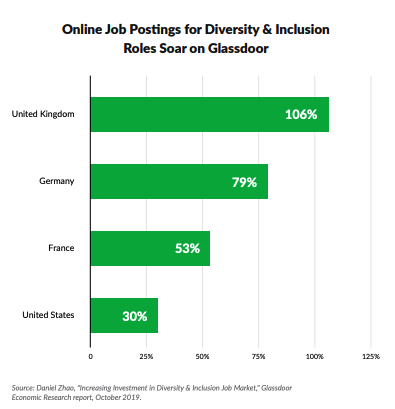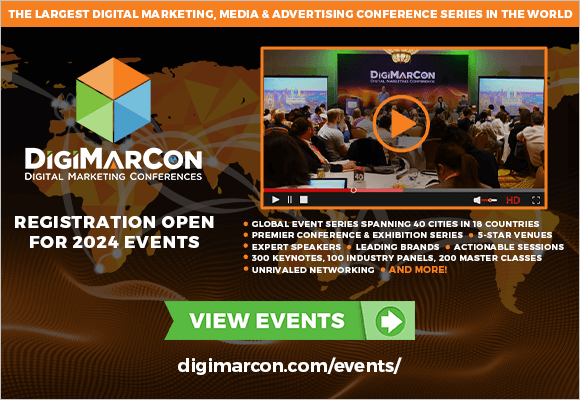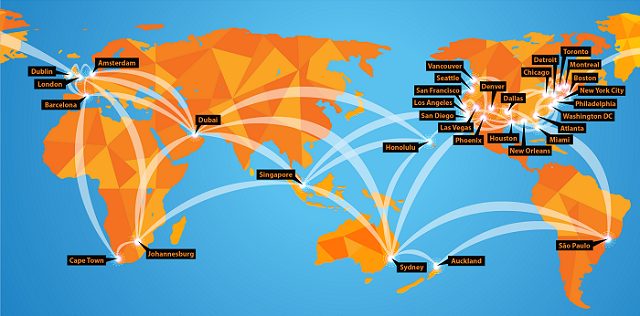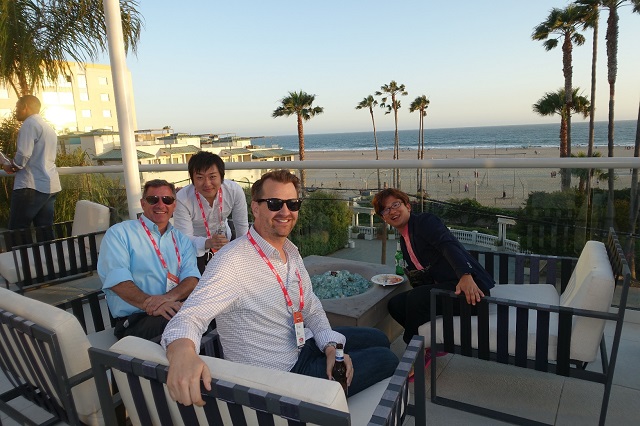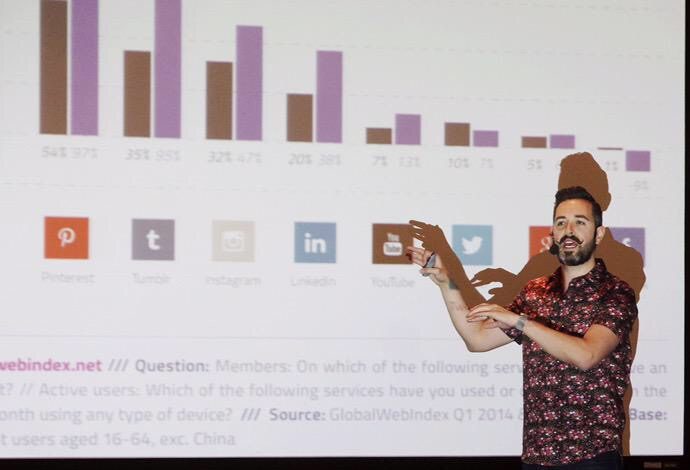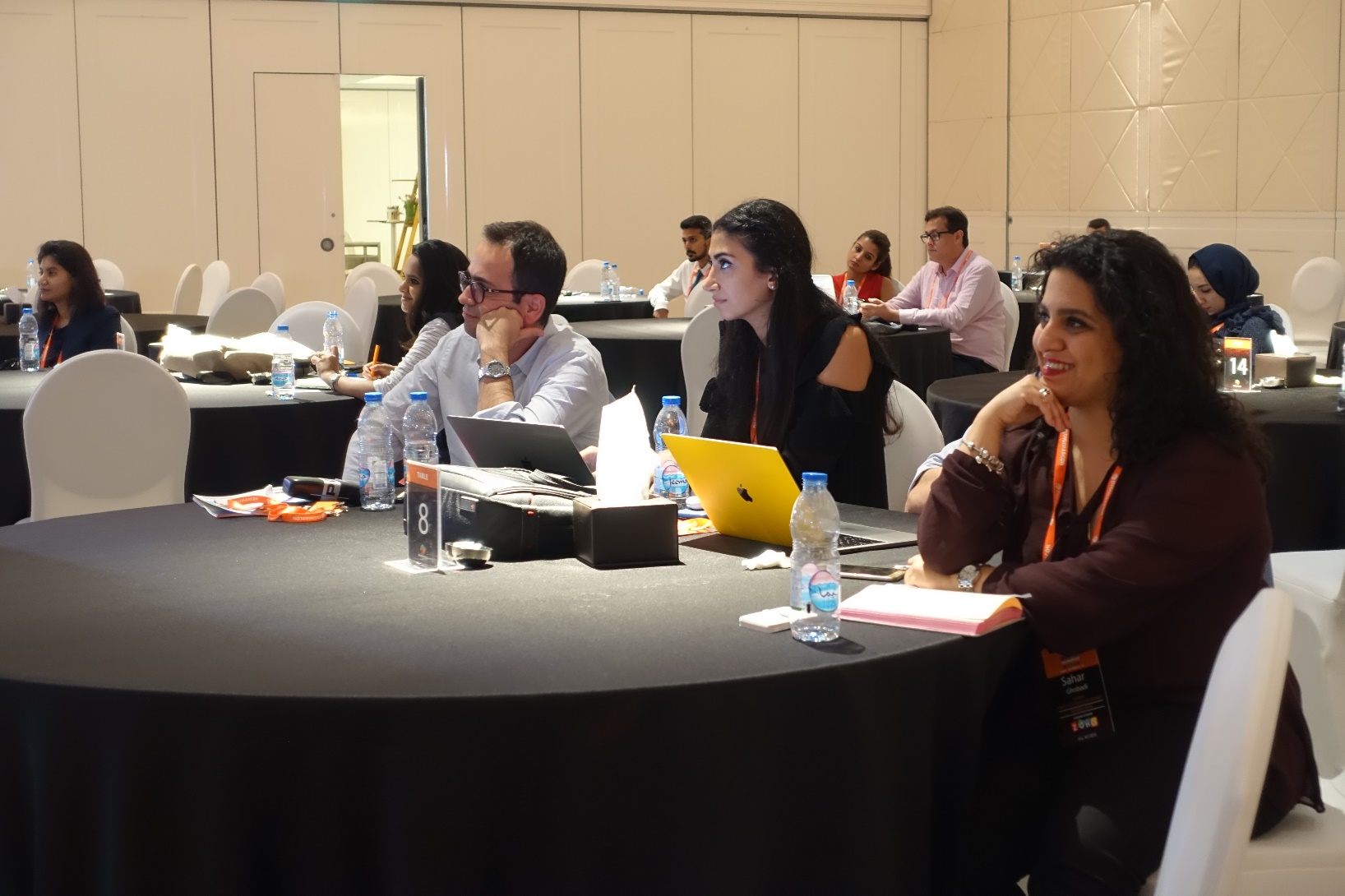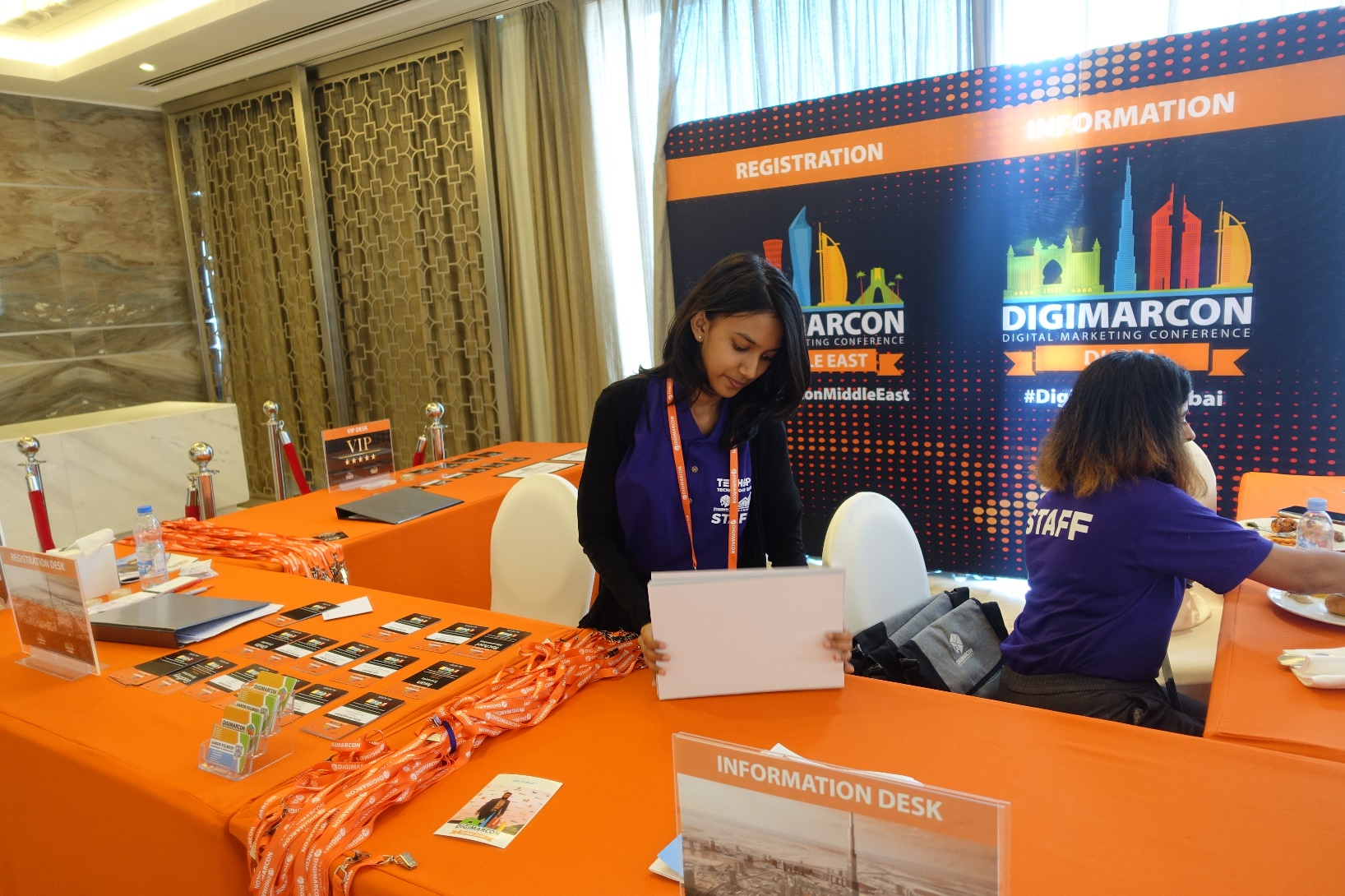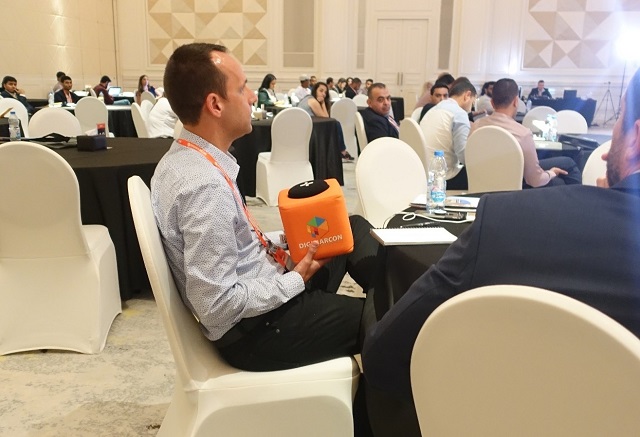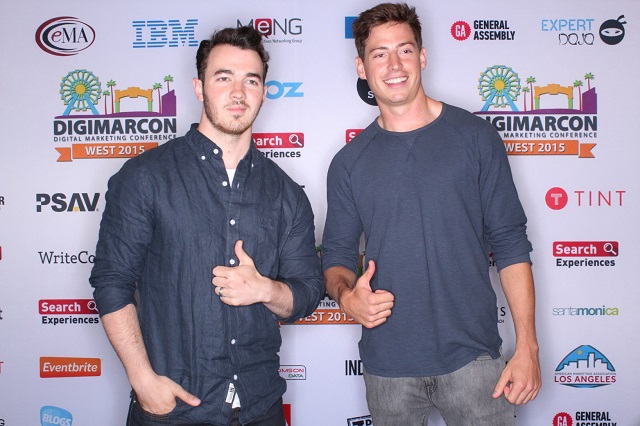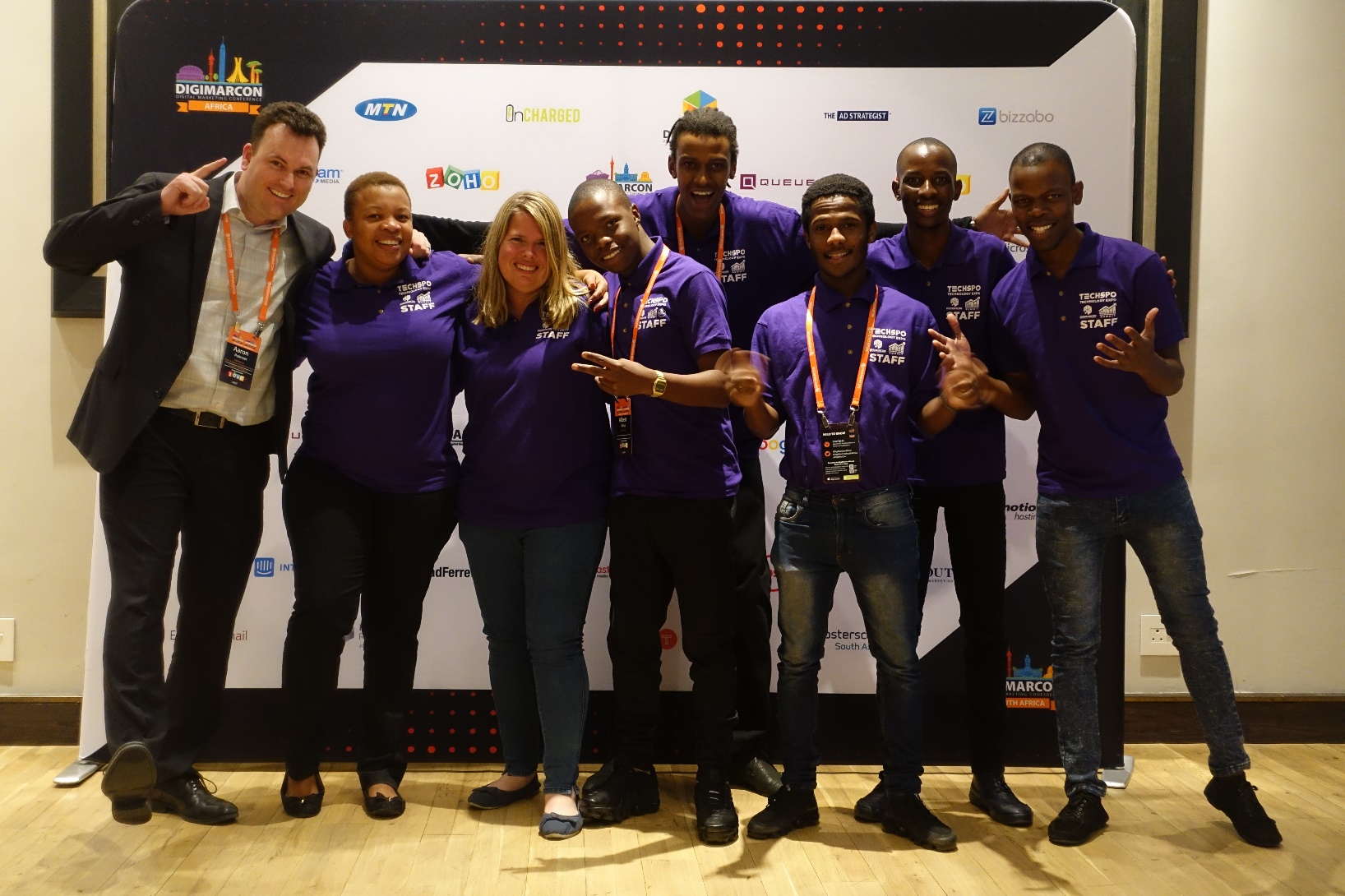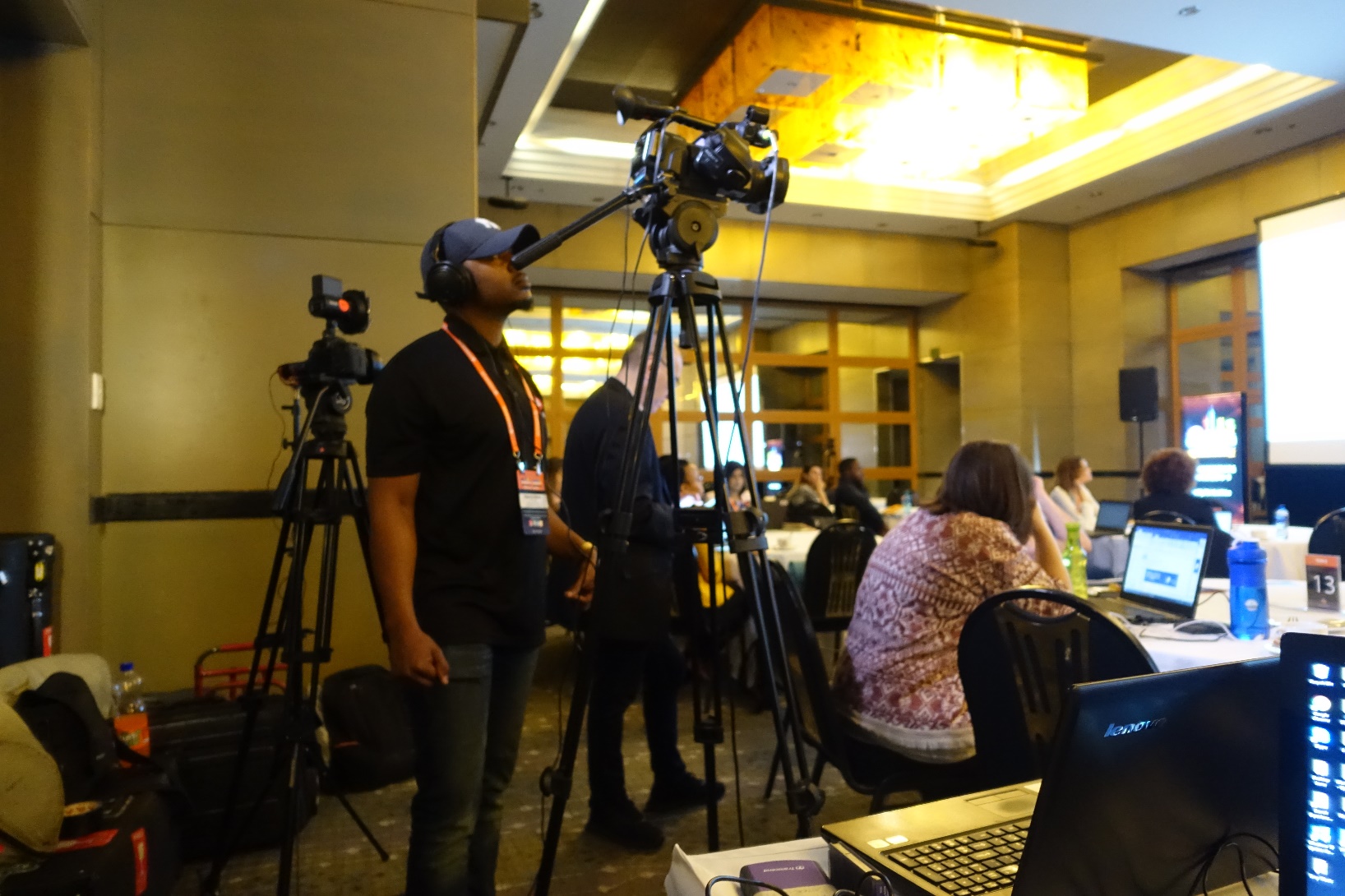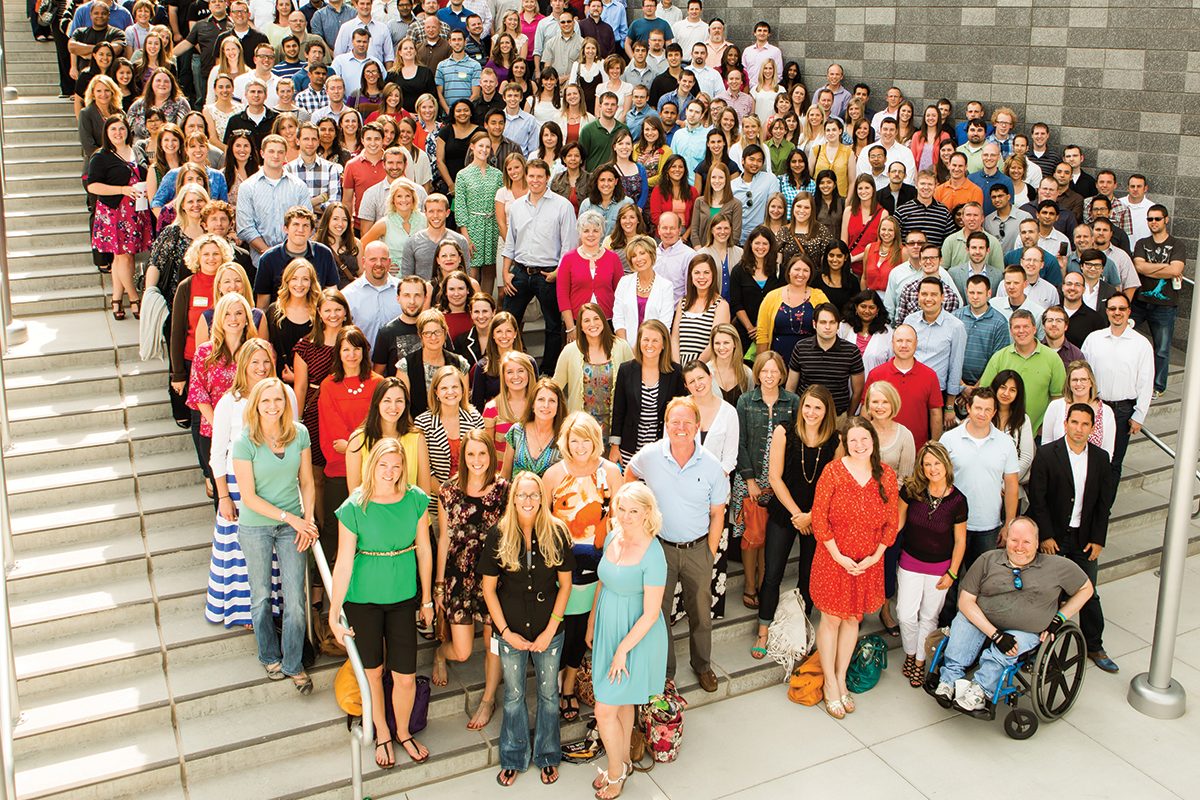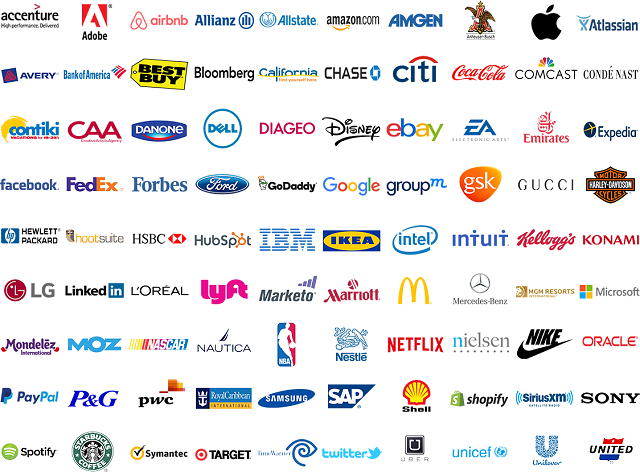25 Stats That Prove Why Workplaces Need to Embrace Diversity
By [email protected] (Pamela Bump)
As a legally blind person who’s held roles that involve editing, design, and highly visual tasks, I thought I had it easier than a lot of other visually impaired people in my field.
I’d never been blatantly discriminated against or felt like I didn’t receive an offer due to my vision. In fact, I’ve been lucky enough to work on teams run by women or diverse leaders.
However, as I got older, I realized that I hadn’t completely evaded misjudgments related to my eyesight. While I’ve had a handful of great experiences, I’ve run into a few subtle job interview scenarios that seem more and more unacceptable each time I reflect on them.
In my first job search after college, I realized that disclosing my blindness would always result in a look of concern or an incredibly awkward series of questions from a hiring manager. Many of these questions didn’t even have to do with the job role I was interviewing for.
Sometimes, an interviewer would try to hide a look of concern. Then, they’d make things even more awkward by trying to relate to me with statements like, “My second cousin is blind too! I should ask her what she has.”
Ultimately, I followed my instincts and didn’t work for any of these people. However, even after I built a list of glowing recommendations from past employers, those uncomfortable interview memories stuck with me.
Because of how these experiences, I felt like I had to give certain prospective companies a “fluffier” description of my sight to protect myself against any possibility of job discrimination.
For example, if a hiring manager noticed my low vision, I’d say, “I’m just visually impaired” or “I’m super nearsighted.” If I didn’t think they could tell, I’d say nothing about it until I was handed an offer. Even when filling out anonymous self-identification forms on job applications, I’d always decline to check the “disabled” box.
It wasn’t until I learned more about self-advocacy and workplace inclusion that I realized that some of the interview experiences I had weren’t okay. And, by following my gut instinct of not working for employers that made me feel uncomfortable during the interview process, I ended up working for employers that accepted and empowered me.
Today, I work at HubSpot, a company that heavily invests heavily in diversity and inclusion. Because my organization is always taking steps to make everyone feel a sense of belonging, I find it much easier to open up about my own differences.
But, as I’ve learned, most companies aren’t as forward-thinking as HubSpot. And the sad reality is, people like me still do feel that they need to protect themselves from job discrimination.
Although my negative workplace experiences have been light, I personally know plenty of people who’ve dealt with something worse due to a disability, cultural background, or gender identity.
In fact, three in five people have experienced or witnessed workplace discrimination.
Scary right?
This is why businesses need to …read more
Source:: HubSpot Blog

